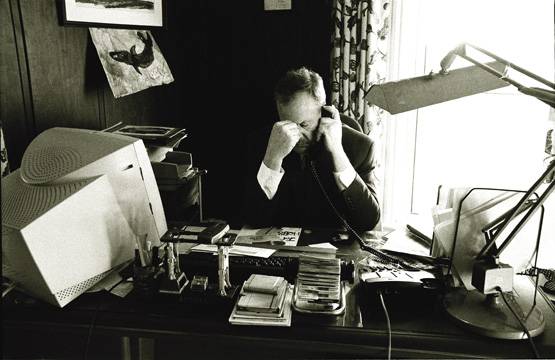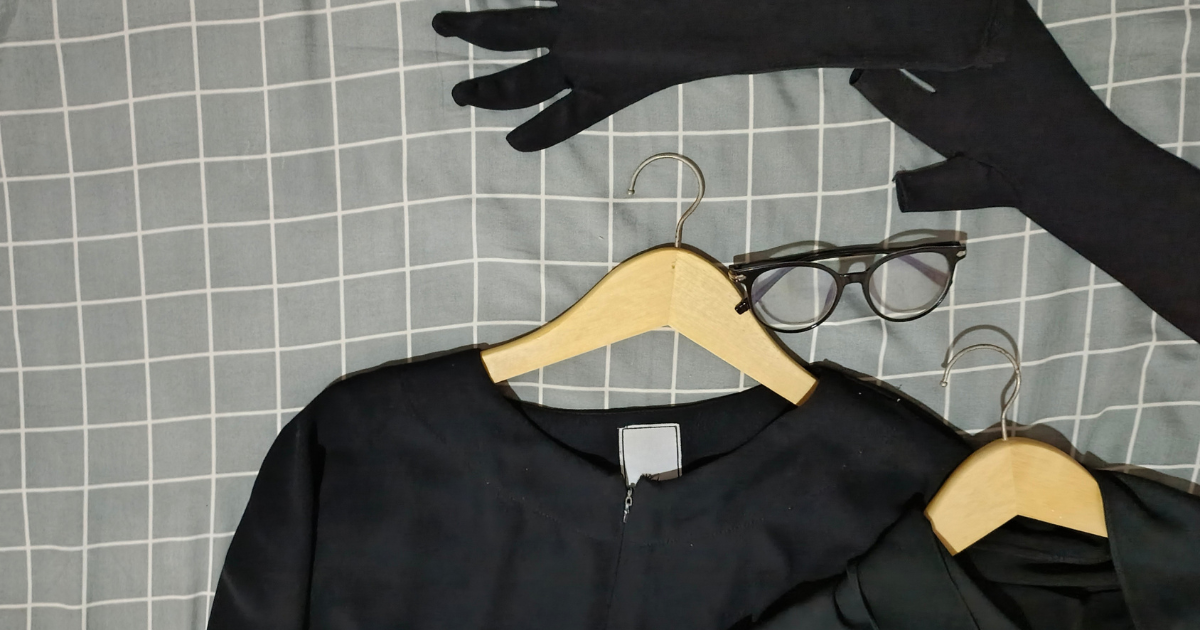Three Models of the Funeral Director-to-Client Relationship
Article Contributed by: Caleb Wilde,CalebWilde.com
Not many of us make it through this business. The heavy hours, stressful and undefined work schedule, and emotional nature of the funeral business will winnow out about 3/4 of mortuary school graduates before they’ve been in the business for five years.
Much of the burnout will depend on how the funeral director sees their relationship to their clients. Here are three models that funeral directors use:
One. The “Our Family Serving Your Family” Model
This model assumes that the funeral director sees little boundaries in their relationship to their clients. The funeral director integrates himself or herself into the family of the deceased, takes on their burdens and serves them on a profoundly intimate level.
Funeral directors who practice this model benefit the client in that the client receives specialized care and can feel assured that the funeral director will fulfill the logistical needs with a personal touch.
While this model favors the client, it often overburdens the funeral director as it demands such a high degree of personal investment. It demands the funeral director invest most of their energy into their work, leaving their personal life wanting and can often destroy the funeral director’s marriage and family.
Two. The Salesperson to Customer Model (i.e. The Funeral Shopping Center)
The Shopping Center model is on the opposite end of the spectrum of the first model as it sees the relationship of the director to the client as one that’s very detached … more like a salesman to customer relationship. While the “Our Family to Your Family” model often inspires lower costing funerals (because you can’t overcharge “family”), the “Funeral Shopping Center Model” sees margins, not people … opportunity not service … customers not bereaved families.
The funeral centers are the result of a corporate perspective being applied to funeral service. They are the products of large firms that own a number of funeral homes, aren’t locally invested and have so many customers that it’s very difficult for the funeral directors to establish a personal connection with the families. It’s a process … like an assembly line.
And while the customer may not receive the kind of care offered by a funeral home, this model does benefit the funeral director as it provides ample boundaries and plenty of time and money to spend on their personal lives (at least for the owners, who usually aren’t connected to their customers as they sit behind the scenes managing the bottom line).
In fact, even though this model provides structured hours and good boundaries, because many of the funeral directors don’t have ownership, they can feel like a cog in the system … a feeling that can cause it’s own form of burnout.
Three. The Funeral Director Model
This is a mediated view. It’s where the funeral director acts more so as a pastoral leader … or should we say call this model a “funeral director to bereaved family relationship”. They are compassionate and caring and yet can lead and manage their business in such a way that they find a way to have a personal life.
This balance is hard to find as funeral directors either tend to sacrifice personal life for the families they serve, or they sacrifice the families they serve for their personal life. If you have a smaller business, I imagine a balance between funeral service and personal life is possible.
But, I do know this: Funeral directors have to FIGHT for a balance. It doesn’t come naturally. It’s something that we have to work for. And if we don’t, we’ll lose. We will either lose our personal family, or we can lose our business. It’s worth fighting for. Your children are worth fighting for. And the bereaved family that come through your door are worth serving.




